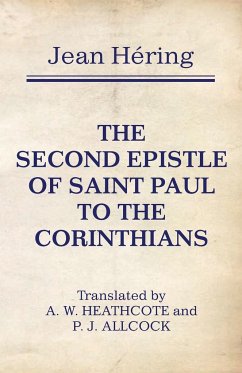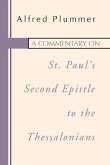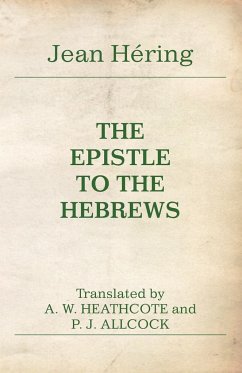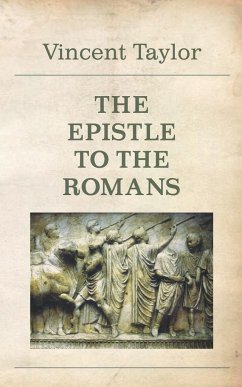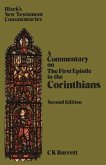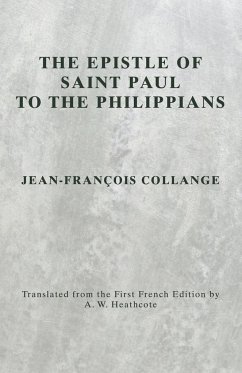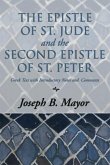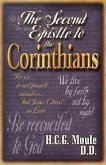The Commentary on the Second Epistle to the Corinthians is concise and clear in presentation. Great care has been spent upon philological details and on obtaining the most probable text, but much of this material is kept out of the body of the commentary and relegated to footnotes. While all the chief commentaries on the Epistle, from St. Chrysostom to the present day, have been utilized by the author, he has deliberately avoided the undue accumulation of references and quotations, and has made his own critical assessment of earlier contributions. The student will find clear guidance for the study of the text, whether he is working with the English or Greek, and a penetrating exposition of its meaning. The more advanced scholar will appreciate the balanced judgment brought to bear upon difficult passages, and the many fresh persuasive solutions proposed. In agreement with the author's wishes, Dr. Heathcote has provided a fresh translation of the text of the Epistle, making use of the French version given by Professor Hering and embodying also the critical decisions reached in the body of the Commentary.
Hinweis: Dieser Artikel kann nur an eine deutsche Lieferadresse ausgeliefert werden.
Hinweis: Dieser Artikel kann nur an eine deutsche Lieferadresse ausgeliefert werden.

